Education and Training
Explore Education and Training

Dr Elif Miskioğlu | Assessing the Value of Intuition for Solving Complex Engineering Problems
Experienced engineers are typically equipped with advanced technical knowledge and a unique professional skillset. These skillskets are often paried with impressive intuition, which allows engineers to devise solutions to complex real-world problems. Engineering faculty at Bucknell University, Embry-Riddle Aeronautical University, and The Ohio State University recently engaged in important research to further our understanding of intuition in engineering practice.

Dr David Mather | A Promising Approach to Prevent Children from Developing Dyslexia
Studies suggest that children who rely more on vision from their left eye could be more likely to develop dyslexia if they learn to write using pathways in the right brain hemisphere. Dr David Mather, a researcher at the University of Victoria, recently published a paper reviewing these findings. He outlines a proposed approach to teaching writing skills that could prevent these children from developing dyslexia. This approach involves teaching children to write when they are 7 or 8 years old, when the human brain is better at mapping and memorising entire words.
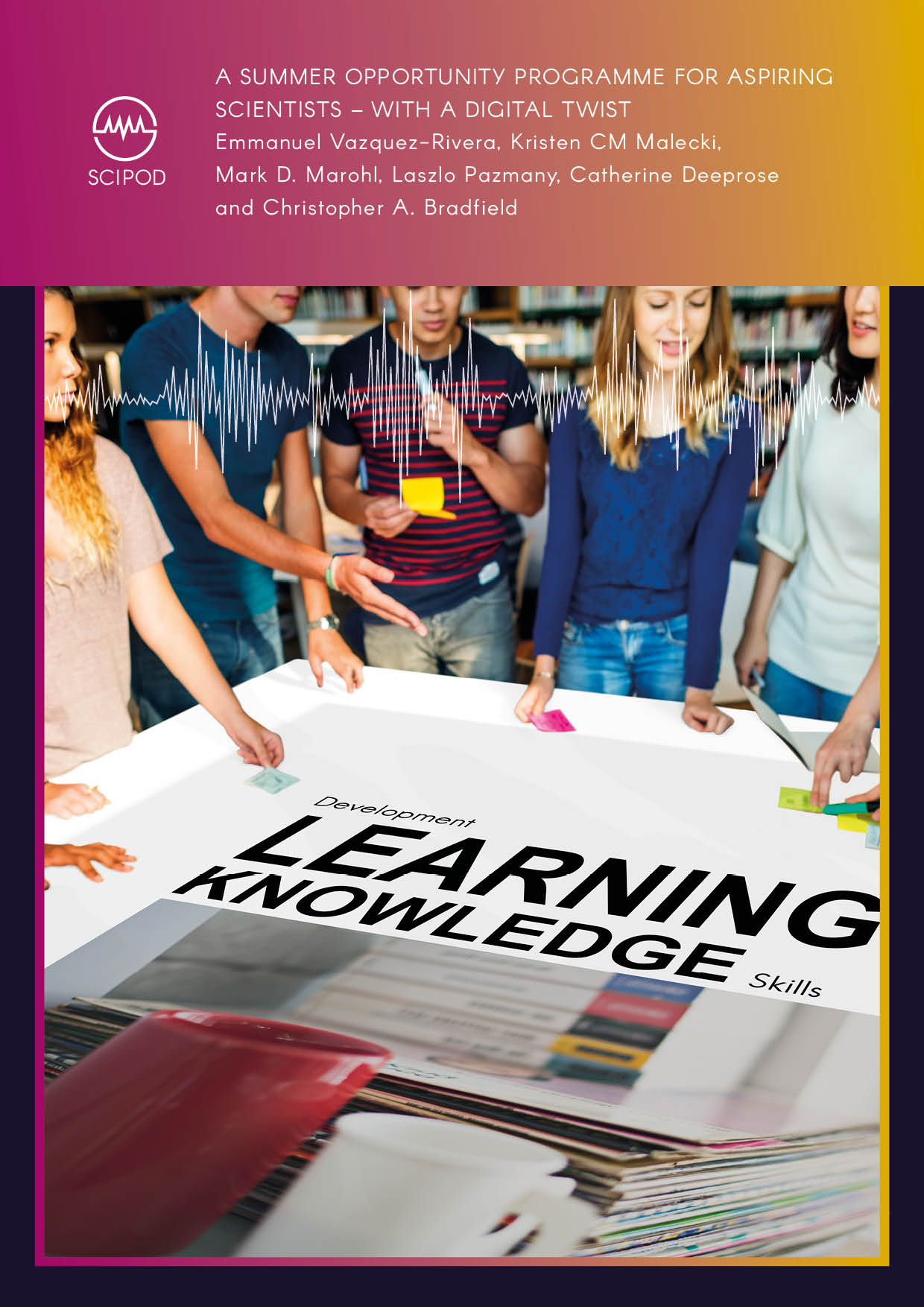
A Summer Opportunity Programme for Aspiring Scientists – with a Digital Twist
The development of a talent pool in Science Technology Education and Medicine that is as diverse as our population, has been a difficult goal for decades. Increasing the diversity of scientists from underrepresented communities can drive both innovation and creativity within the sciences. The Molecular & Environmental Toxicology Centre at the University of Wisconsin-Madison, USA, has run a summer research opportunity programme since 2011, providing scientific experiences and promoting scientific careers in the environmental health sciences for aspiring young people from backgrounds historically underrepresented in this field.

Dr Kristiina A. Vogt | Dr Samantha De Abreu | Dr Maria Blancas – Indigenous Holistic Storytelling to Teach Environmental Science
Western approaches to environmental science typically focus on existing and future issues, such as climate change, and technological solutions to these issues. While these frameworks have their value, they often set aside holistic perspectives on land management, coexistence with nature, and ecosystem preservation. Dr Kristiina A. Vogt, Dr Samantha De Abreu and Dr Maria Blancas at the University of Washington are exploring the potential of holistic storytelling practices common among Indigenous communities to teach environmental science in more effective ways.
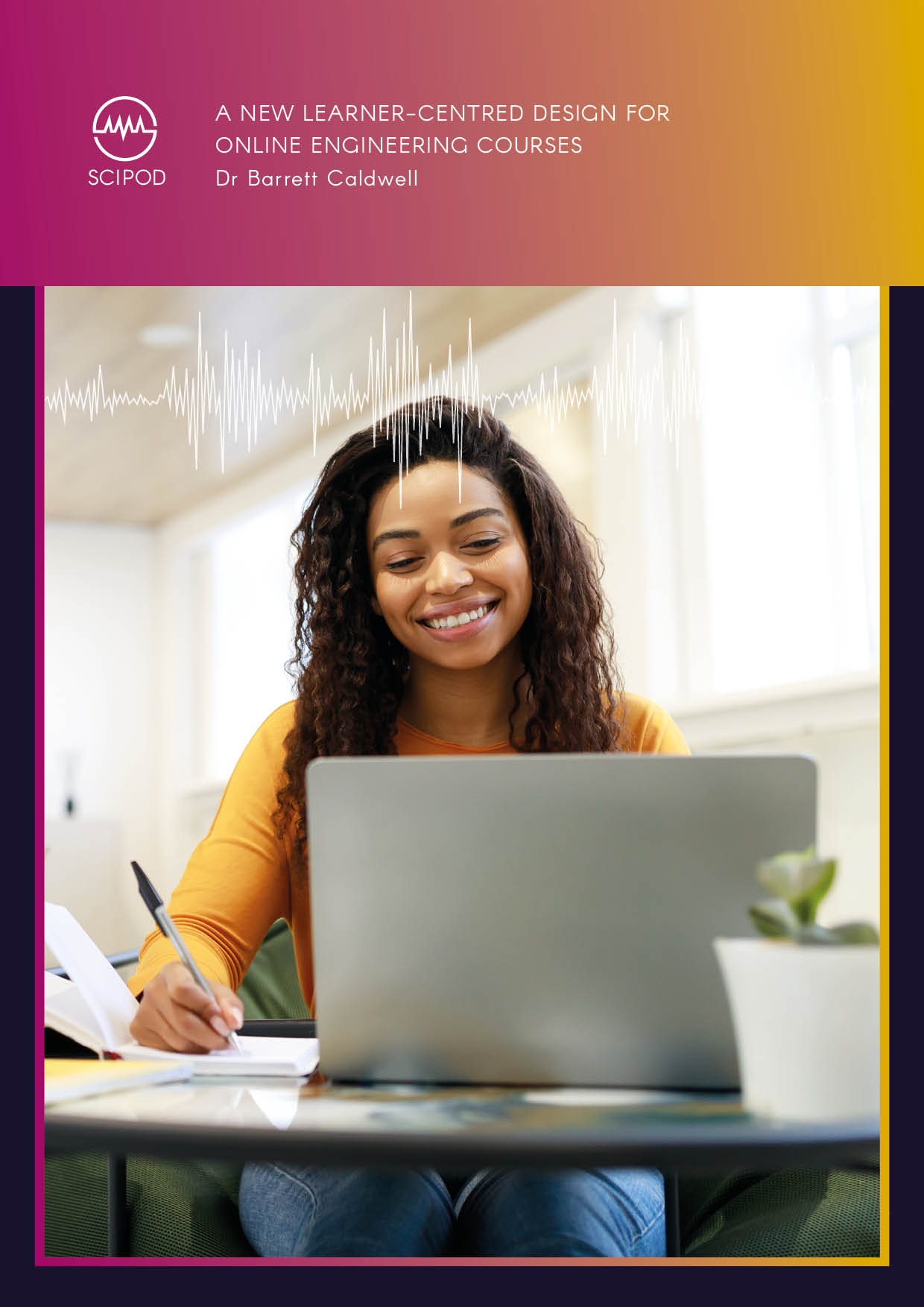
Dr Barrett Caldwell | A New Learner-Centred Design for Online Engineering Courses
The COVID-19 pandemic forced many universities to deliver their courses online, exposing the limitations of remote learning strategies. Dr Barrett Caldwell and his team at Purdue University devised a new approach that could help to improve online courses in different engineering subjects. The approach builds on his experience while teaching and developing the ‘Perspectives on Systems Engineering’ course, which is part of the curriculum for the Systems Engineering program at Purdue University.
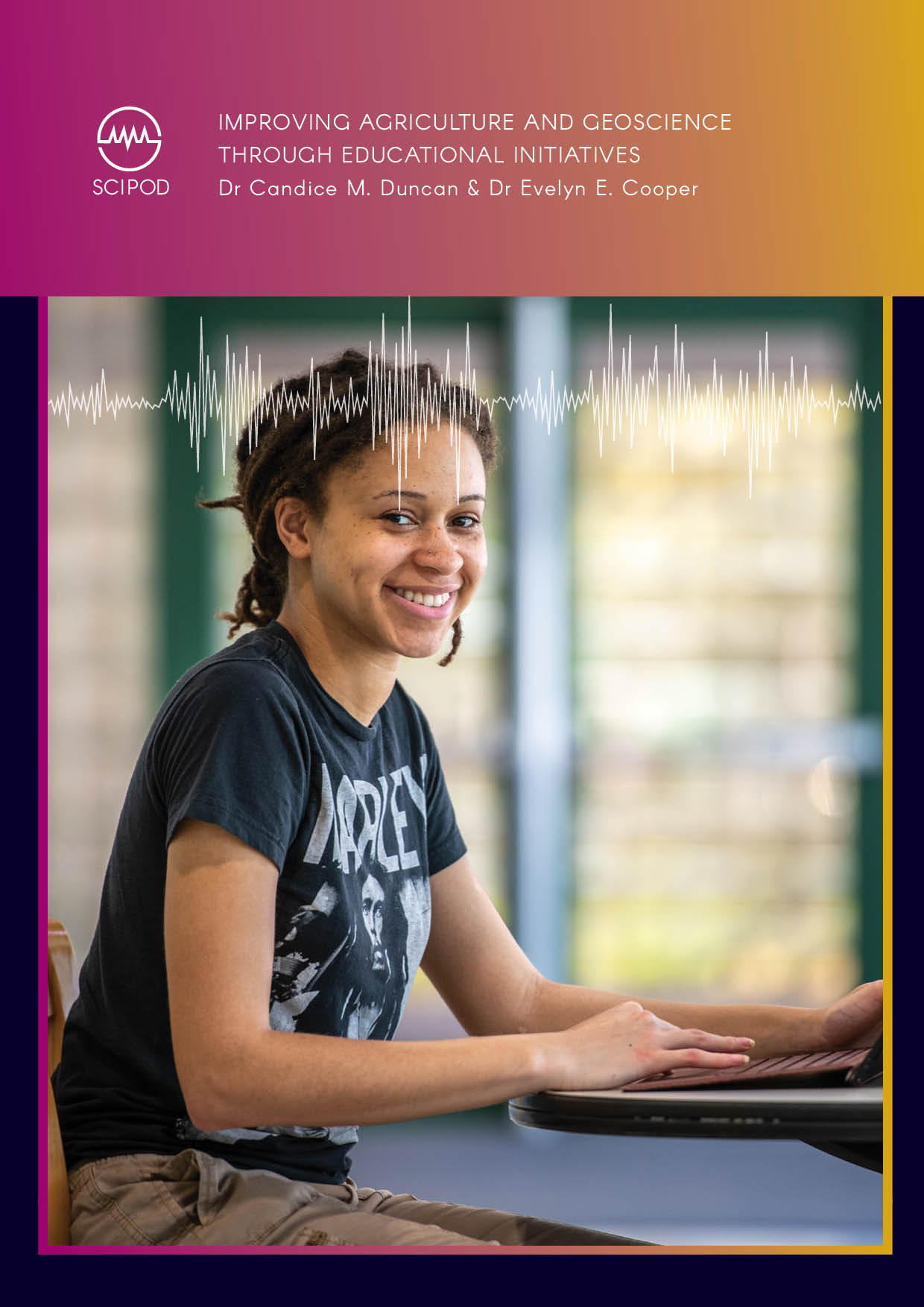
Dr Evelyn Cooper | Dr Candice Duncan – Improving Agriculture and Geoscience through Educational Initiatives
Addressing the skills shortage within scientific sectors requires a targeted approach for attracting and retaining students in STEM education. Summer Opportunities in Agricultural Research and the Environment (SOARE), SOARE: Strategic Work in Applied Geosciences (SWAG) and AgDiscovery, three innovative programs at the University of Maryland, provide a gateway for continued education, particularly for students who are traditionally under-represented in scientific fields. Implemented by Dr Evelyn Cooper, the success of the AgDiscovery and SOARE programs at the university has led to the inception of the new SOARE:SWAG program. Co-directed by Dr Candice Duncan, SOARE:SWAG focuses on students within geoscience disciplines.
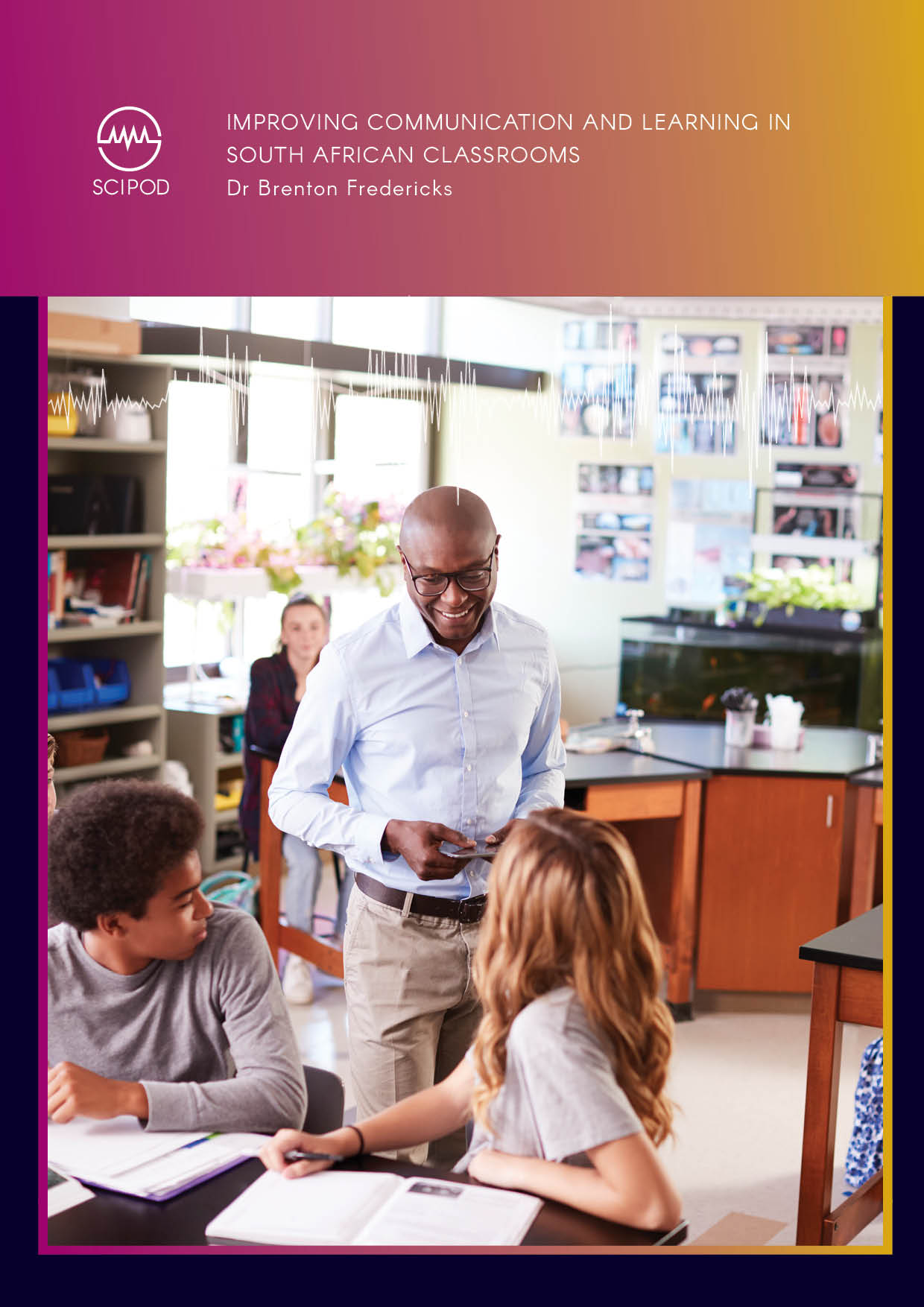
Dr Brenton Fredericks – Improving Communication and Learning in South African Classrooms
The broad dissemination of information online has made students more inclined to question what they are being taught in the classroom. Many educators are thus trying to adapt their teaching strategies to ensure that new generations successfully acquire new skills and learn new knowledge. Dr Brenton Fredericks, Head of the Communication Sciences Department at Central University of Technology in South Africa, recently developed a framework that could improve communication between educators and students in the classroom, promoting more constructive and effective learning.
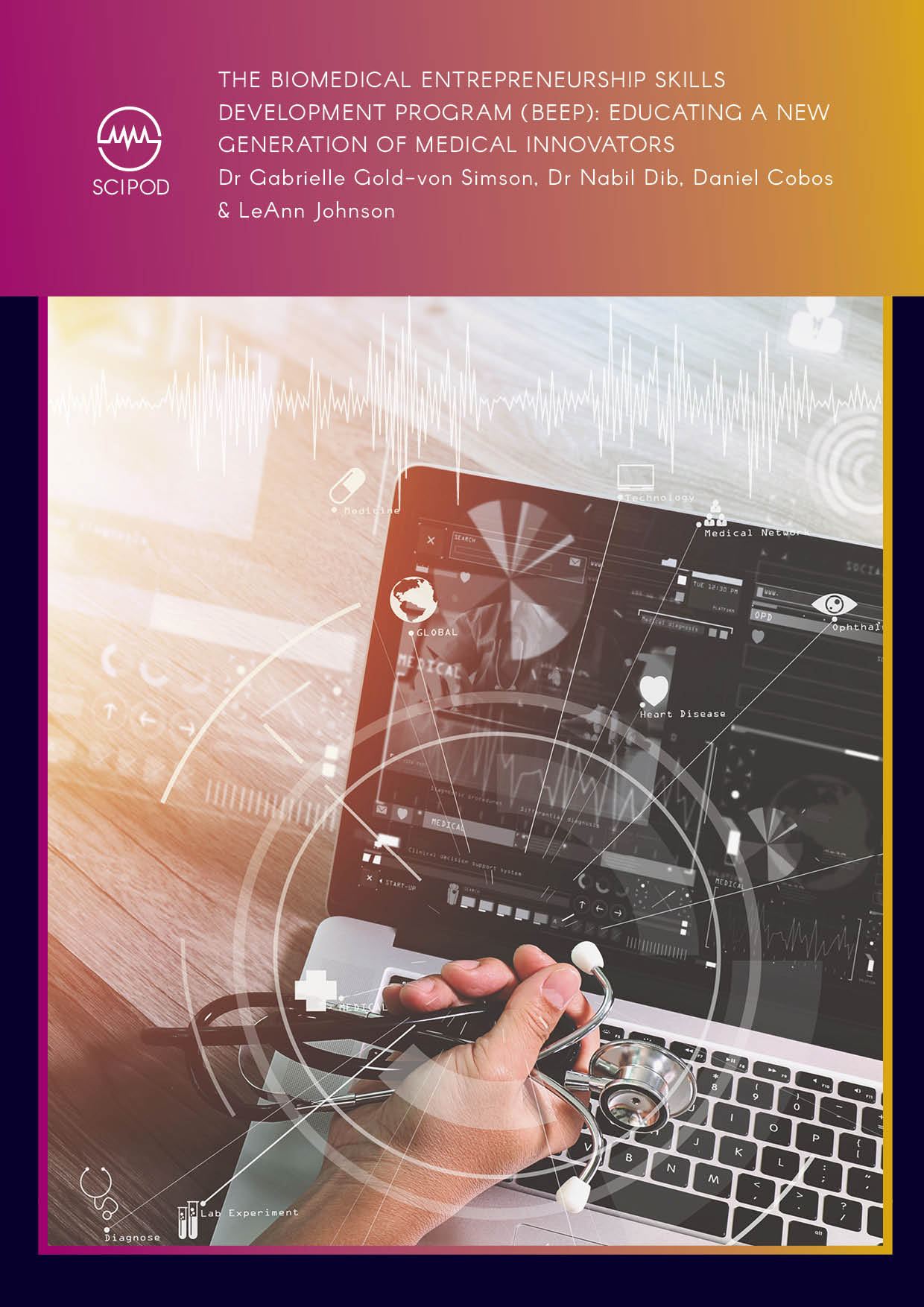
Dr Gabrielle Gold-von Simson | The Biomedical Entrepreneurship Skills Development Program (BEEP): Educating a New Generation of Medical Innovators
Innovative, new technologies are rapidly being introduced into the medical world, as scientists and inventors continually discover solutions to all kinds of health issues. However, comprehensive education in medical product development, business process and strategy is distinctly lacking for science students who aspire to become commercial medical innovators and entrepreneurs. Entrepreneurially minded professionals at the New York University Grossman School of Medicine developed, implemented, and integrated programs to train early scientists in the business side of science to accelerate the pace of commercialisation and encourage individuals to pursue venture creation and entrepreneurship to impact highly relevant healthcare solutions.
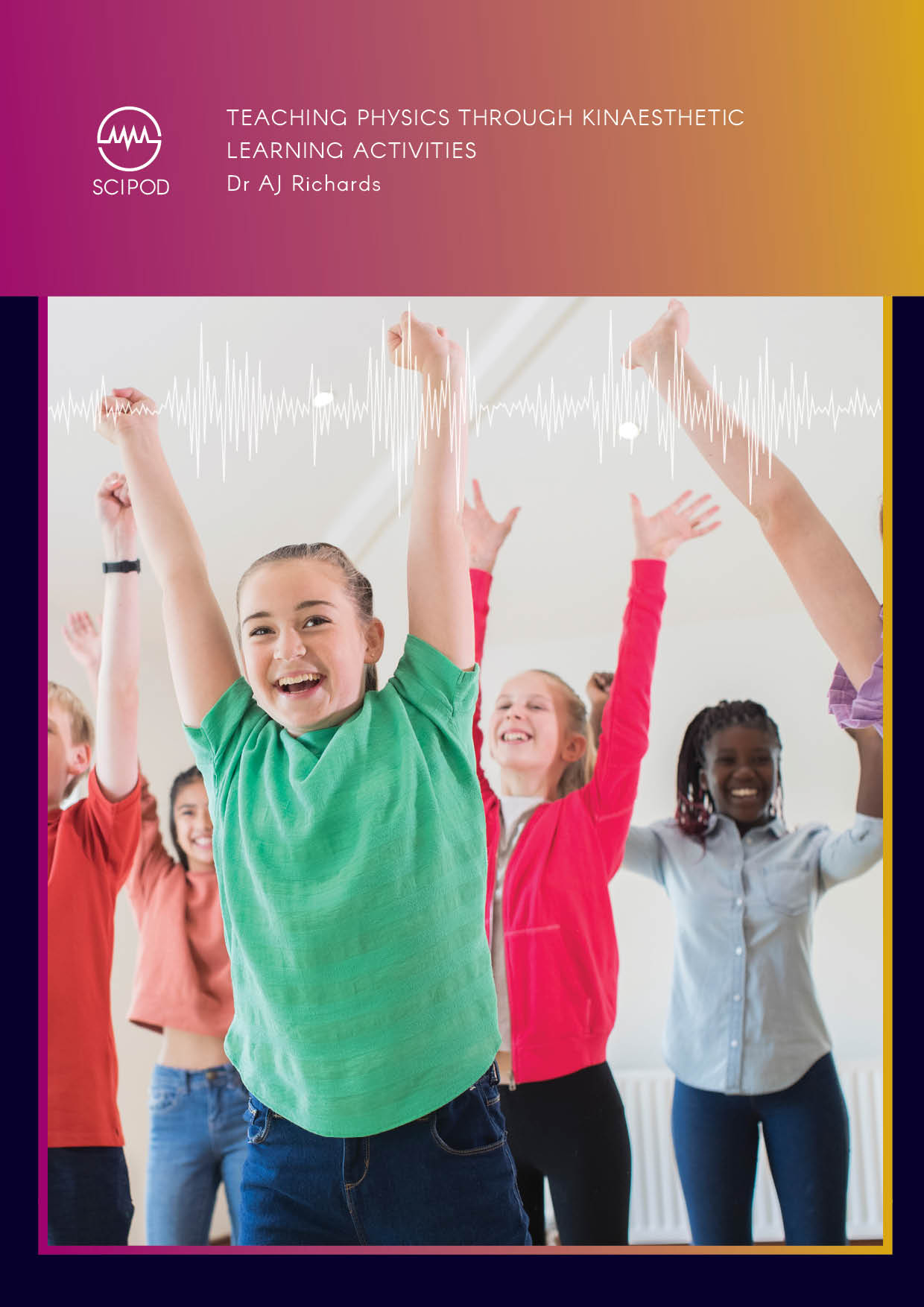
Teaching Physics through Kinaesthetic Learning Activities | Dr AJ Richards
Explaining complex physical phenomena to students in simple and relatable ways can be challenging. This is particularly true for abstract concepts or phenomena that can only be observed using advanced equipment. Dr AJ Richards, an Assistant Professor of Physics at the College of New Jersey, has been exploring the potential of Kinaesthetic Learning Activities – multi-sensory teaching strategies involving hands-on experiences – to convey abstract and microscopic physics more effectively in the classroom.
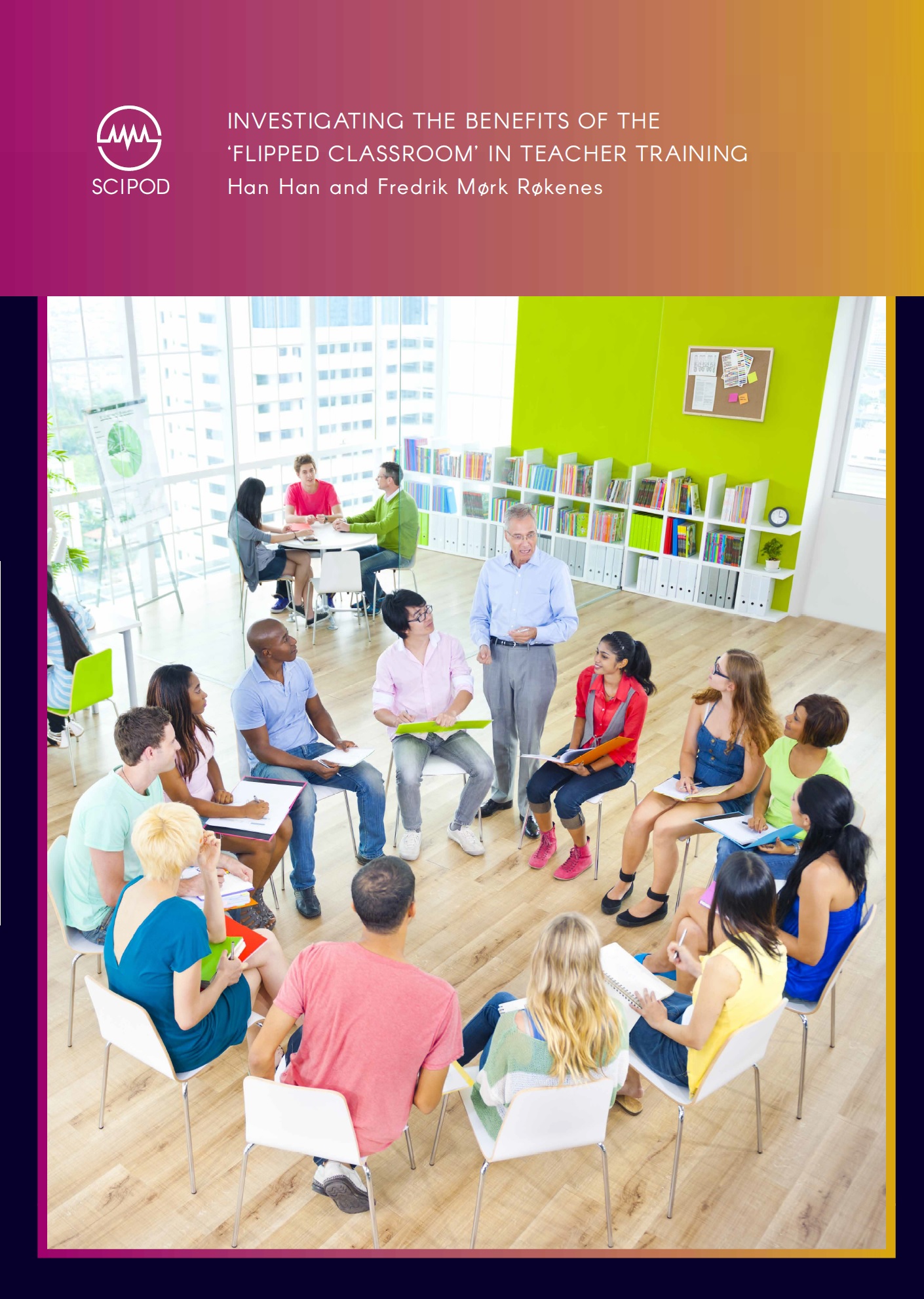
Han Han and Fredrik Mørk Røkenes – Investigating The Benefits Of The ‘Flipped Classroom’ In Teacher Training
The ‘flipped classroom’ is an innovative educational approach that emphasises active learning, with the aim of increasing student engagement and academic performance. While educators in numerous disciplines have recently started experimenting with this approach, there is still a lack of solid research assessing its effectiveness in the field of teacher education. To fill this gap, Han Han and Fredrik Mørk Røkenes of the Norwegian University of Science and Technology have recently examined a multitude of studies focusing on flipped classroom approaches in teacher training environments.
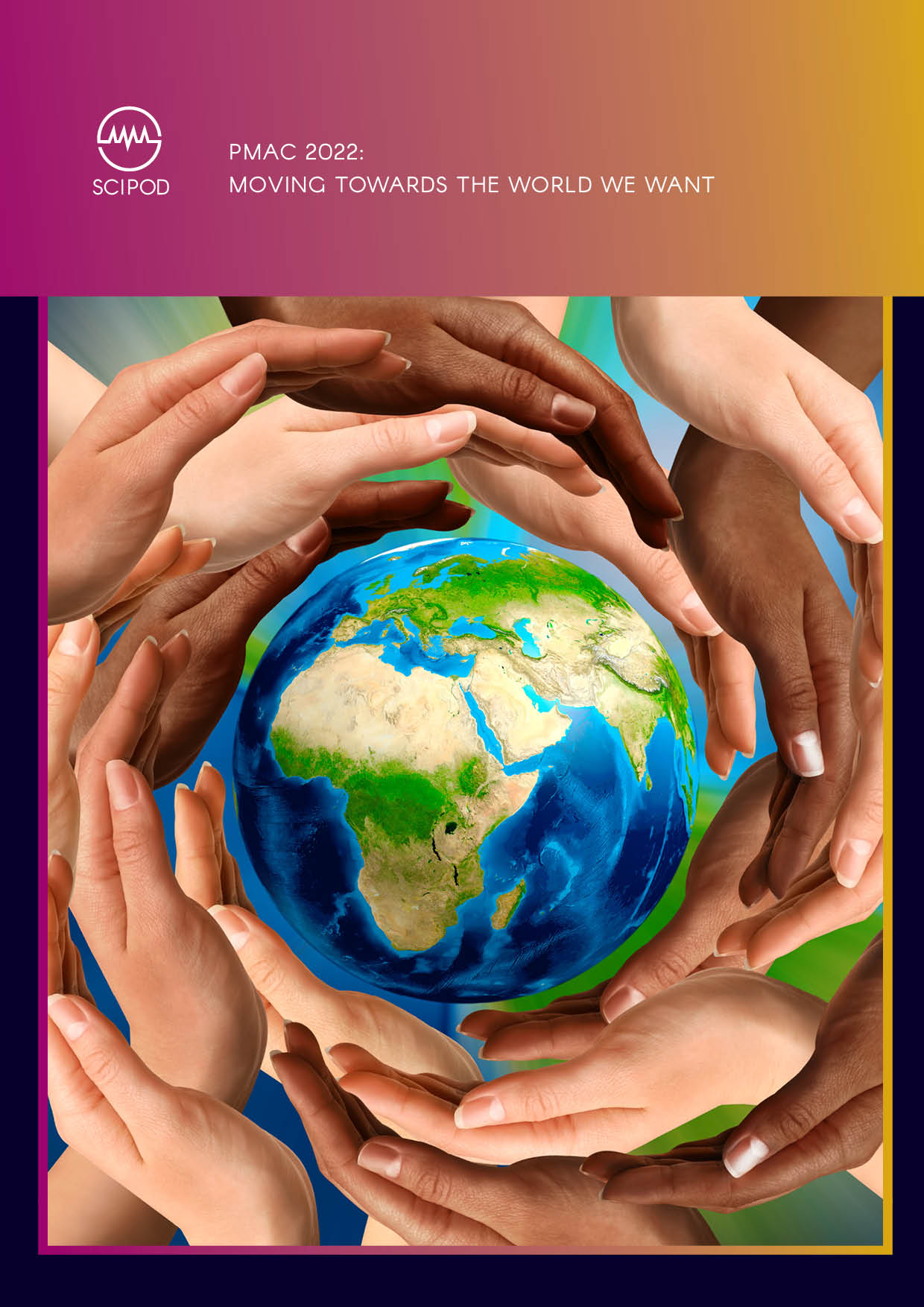
PMAC 2022: Moving Towards the World We Want
The Prince Mahidol Award Conference (PMAC) is an annual event held in Bangkok, at which humanitarian leaders and experts in various disciplines meet to discuss global challenges, including health crises and climate change. This year, the conference ran from the 25th to the 29th of January, featuring seven sessions with international speakers. The theme of PMAC 2022 was ‘The World We Want: Actions Towards a Sustainable, Fairer and Healthier Society’. This article highlights some of the main global issues and megatrends discussed at the conference.
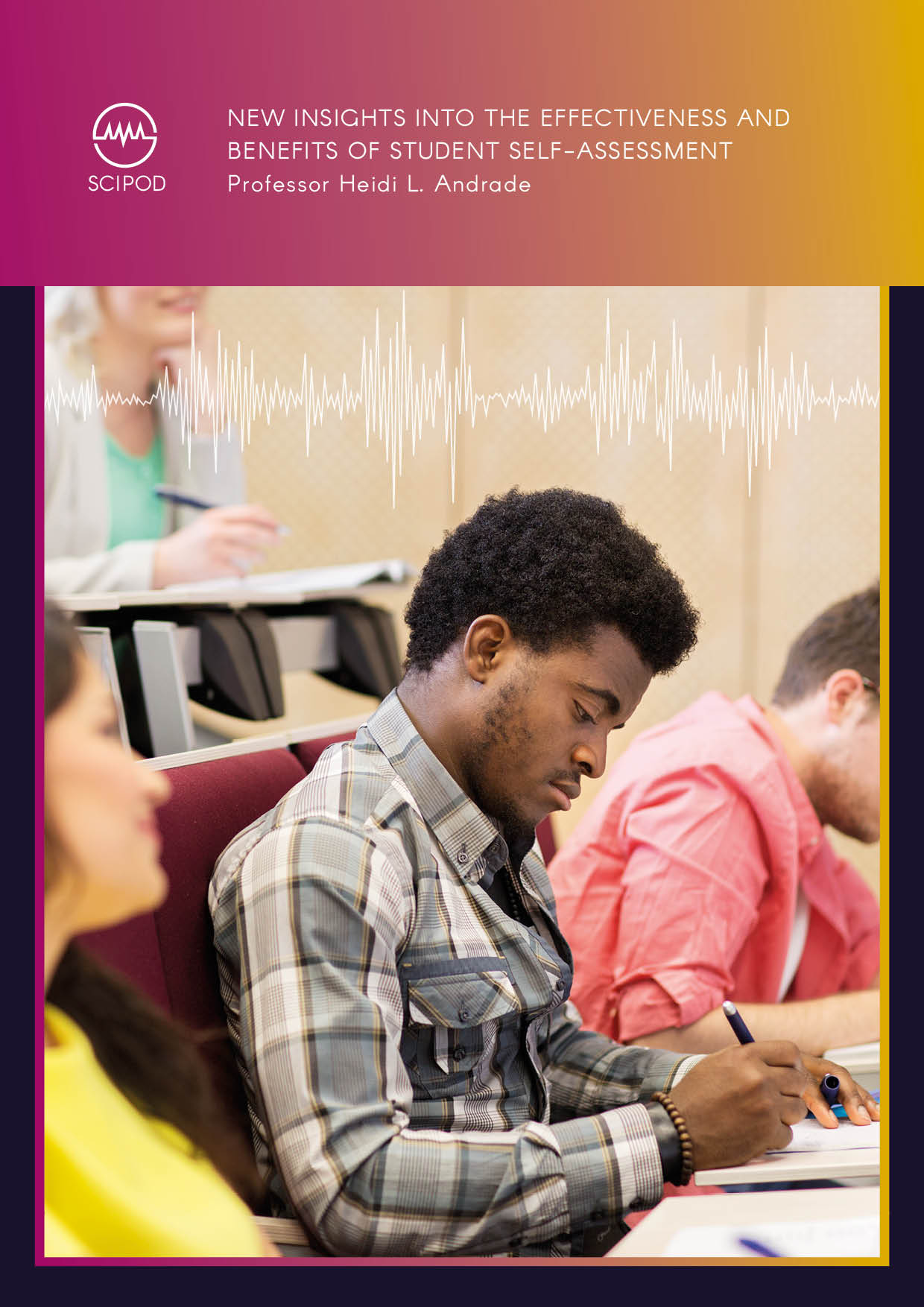
New Insights into the Effectiveness and Benefits of Student Self-Assessment | Professor Heidi L. Andrade
By asking their students to complete self-assessment exercises, educators can encourage the development of their students. These methods rely on a student’s ability to evaluate their own skills, knowledge, and other qualities, and use their self-assessment to make improvements. Professor Heidi L. Andrade [An-drah-day] at the University of Albany recently reviewed 76 empirical studies focusing on student self-assessment. Her review paper offers interesting insights about the effectiveness of self-assessment and its association with achievement and self-regulated learning.
Increase The Impact Of Your Research!
Explore partnership opportunities
Unwind without the hassle. Enjoy fresh audiobooks, delivered free!
